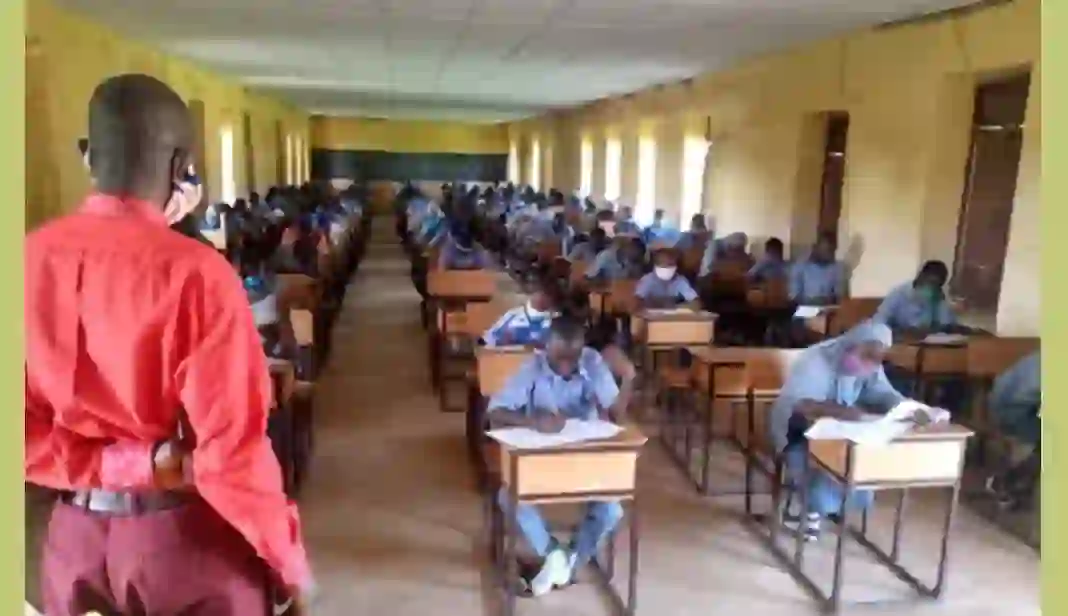The Federal Ministry of Education has clarified its position on the ban placed on under-18 students from taking the West African School Certificate Examination and the National Examination Council.
The Minister of Education, Professor Mamman Tahir, SAN, has last week, said that under-18 students would no longer be allowed to sit for the Examination.
Strong criticisms had trailed the Minister’s announcement.
Not a few people felt that the policy is a deliberate effort aimed at drawing back brilliant students. They felt that the negatives far outway any positive the Minister has in mind.
But on Friday, the Minister of State for Education, Dr Yusuf Sununu, made a clarification during an event to mark the 2024 International Literacy Day, ILD.
He clarified that the Ministry has not stopped students who are under-18 years from writing the West Africa Senior School Leaving Certificate exams. He put the blame on the members of the public who he said misinterpreted what was said by the Minister. He described the misconception as disappointing.
He said that the Minister was speaking on the 18 years of entry age into the tertiary institutions as was practiced in the 6:3:3:4 system of education.
Sunnu: “We have agreed that we are going to consider it as a work-in-progress. The National Assembly is working and we are also working.
“It was shocking to say that a University in this country gave admission to children at ages 10, 11 and 12 years. This is totally wrong.
“We are not saying that there are no exceptions. We know we can have talented students that have the IQ of an adult even at age 6 and 7, but these are very few.
“There must be a rule, and the Ministry is looking at developing a guideline on how to identify a talented child, so that parents don’t say we are blocking their children’s chances.
“Nobody said no child will write WAEC, NECO or any other examination unless at age 18. This is a misconception and misrepresentation of what we have said.”
Sununu underscored the critical role of literacy in fostering mutual understanding, peace and socio-economic development.
He reaffirmed the Federal Government’s commitment to addressing literacy, challenges through the Education for Renewed Hope roadmap (2024-2027).
He highlighted youth and adult literacy as key components, while emphasising the importance of using learners’ mother tongues as a medium of instruction.
“We must focus on the role of a learner’s first language in becoming literate, which will foster mutual understanding and peace,” he added.
He also emphasised the need for well-trained educators who should be equipped to teach in local languages, as well as the development of follow-up reading materials in these languages.
On his part, the Executive Secretary, National Commission for Mass Literacy, Adult and Non-formal Education (NMEC), Prof. Simon Akpama, reaffirmed the Commission’s dedication to integrating multilingual education into schools’ literacy programmes.
“In an increasingly interconnected world, multilingual education is not just a necessity, it is a tool for fostering peace and cultural respect,” he said.
Discover more from The Source
Subscribe to get the latest posts sent to your email.








